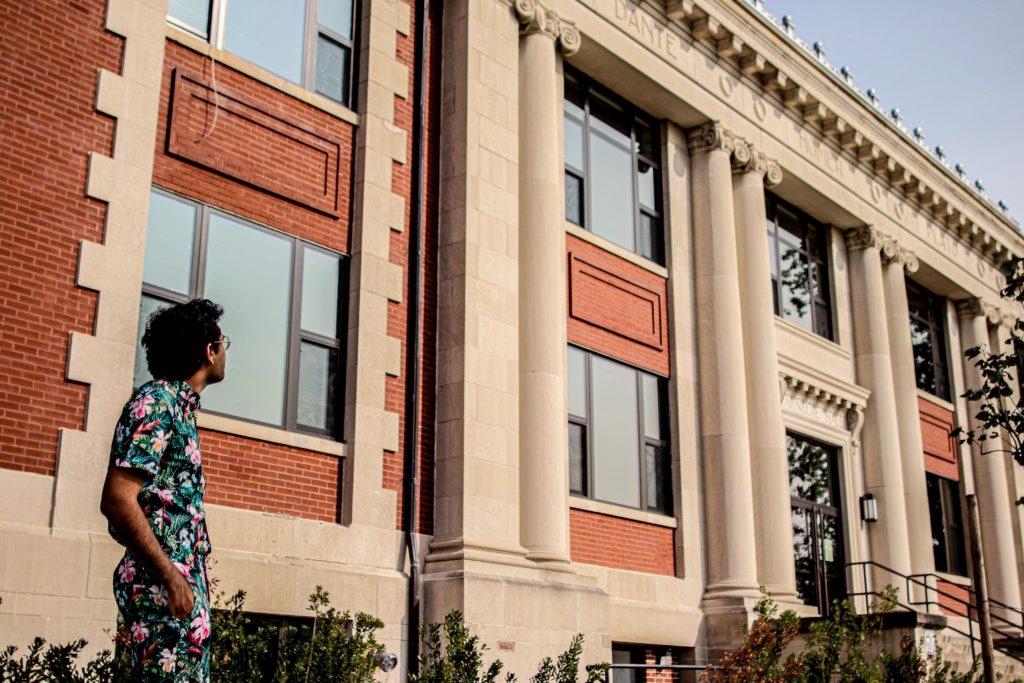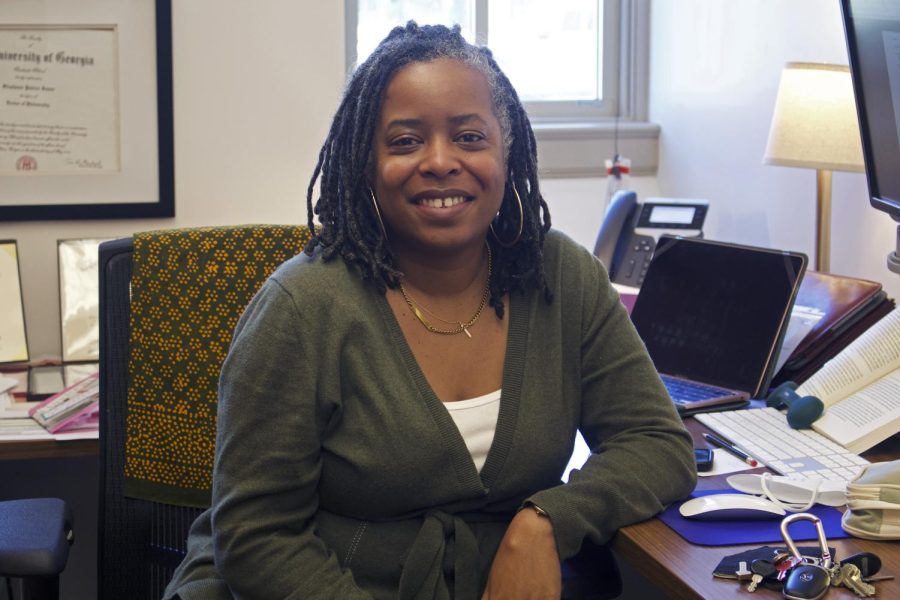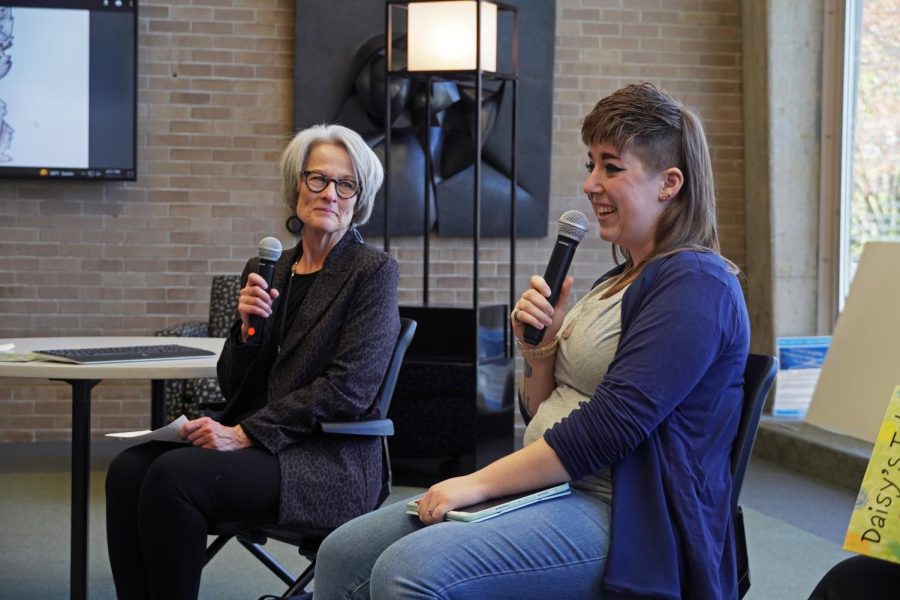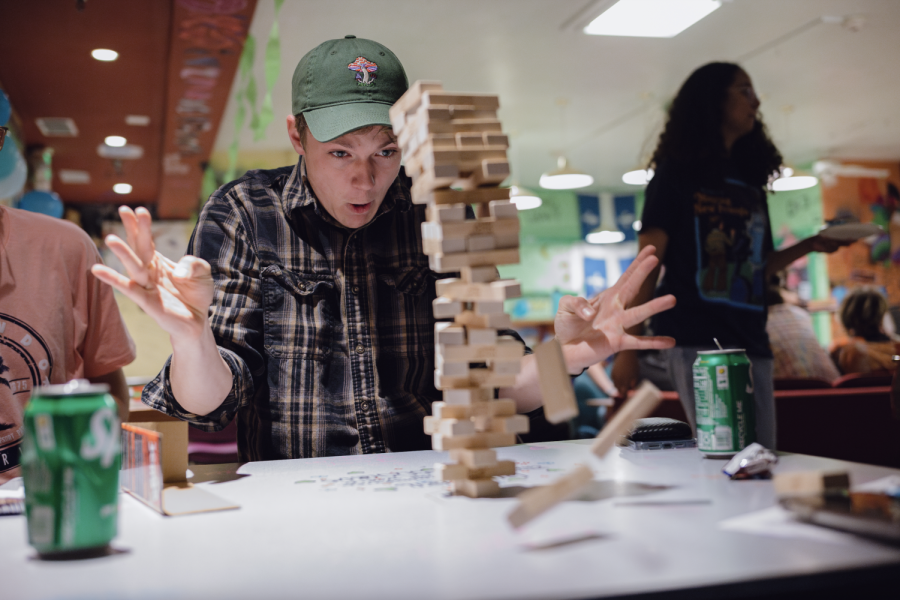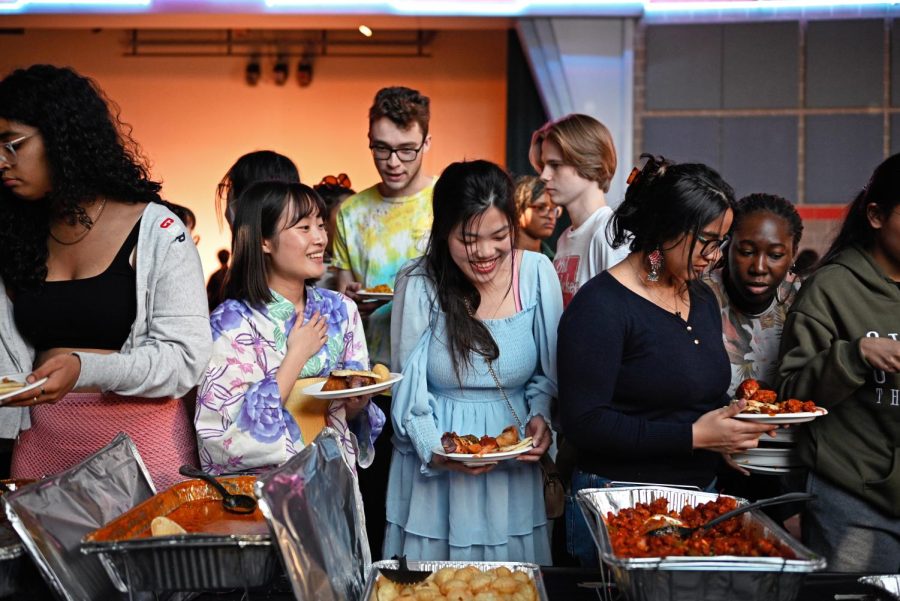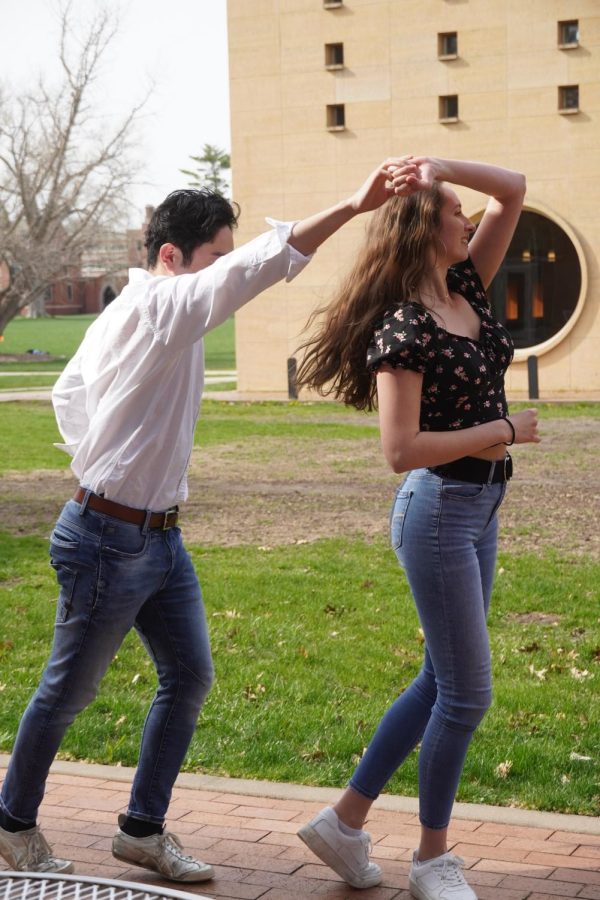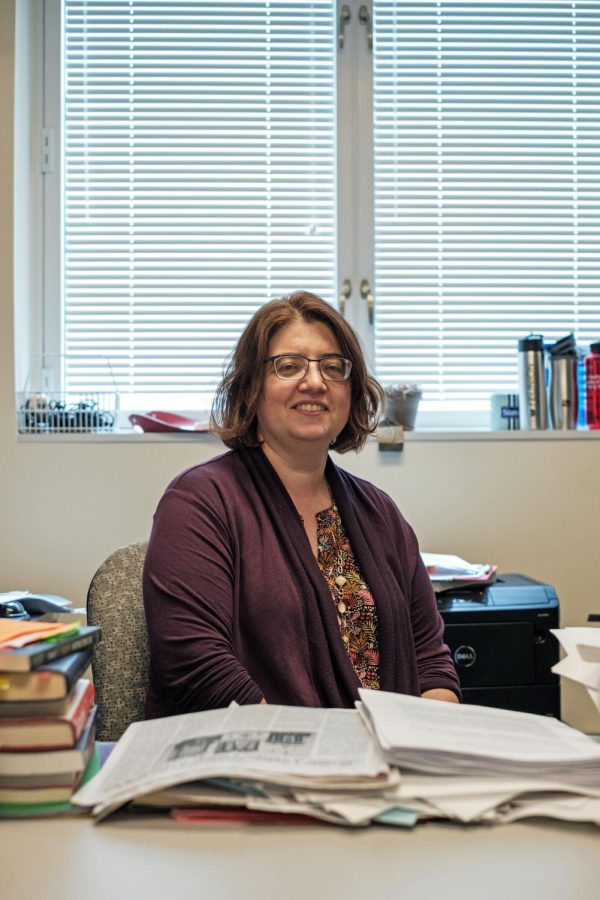On Sept. 8 and Sept. 9, faculty, staff and graduate students across the nation pressed pause on their lectures, grading and research to partake in the Scholar Strike, including professors at Grinnell College. The Scholar Strike is a movement started by a handful of professors to display academia’s solidarity with the Black Lives Matter movement, particularly athletes protesting in the NBA and WNBA.
During the strike, professors gave teach-in lectures that shed light on various subjects related to anti-racism and Black feminism, with some lectures posted on the Scholar Strike YouTube channel to further spread the movement.
Professors within the GWSS and Sociology Department at Grinnell participated in the strike. Professor Sharon Quinsaat, sociology, hosted a teach-in concerning how Asian Americans could uplift and support the BLM movement. Quinsaat brought on guest speaker Nancy Reiko Kato, an organizer based in California, who discussed the Asian American experience as well as her journey through organizing.
Both Kato and Quinsaat opened the space for students to share their stories as they navigate various issues with the Asian American community, particularly in the current historical moment in which a major social justice movement and a global pandemic are being navigated simultaneously.
Lucia Cheng ’23 attended the teach-in and had nothing but praise for the event. “I went into it kind of expecting that maybe this is gonna be a lecture kind of style, like what should we be doing, rallying and organizing, but it was more of a communal space.” Cheng mentioned that a particular aspect she enjoyed was the group’s discussion on “addressing that generational gap” between Asian American students and their parents.
When asked what were some next steps that she wanted to see from the College following the scholar strike, Cheng remarked that she wanted “something more on the admin level,” and expressed a desire to see the school take action on an institutional level. Cheng also said she was looking for “more current events” material within the curriculum.
Professors that partook in the protest also canceled their classes in acknowledgement of the strike. Ahon Gooptu ’21 is currently in an Introduction to GWSS course with Dr. Lakeshia Johnson, who canceled class for three days. “In lieu of us not meeting for class in a synchronous session, she asked us to each look for an article written by a Black scholar,” said Gooptu.
Gooptu spent his time with Kimberle Crenshaw’s renowned “Demarginalizing the Intersections of Race and Sex: A Black Feminist Critique of Antidiscrimination Doctrine, Feminist Theory and Antiracist Politics.” Gooptu also remarked that, like Cheng, he hoped to see a larger response throughout the campus community.
“You know what’s been happening here for years now … and it’s stuff about students, but it’s also stuff about admin and faculty and how the College has never really done anything to support Brown and Black people and other minority groups on campus, and it’s really sad that we’re not together in person, because if we were together in person then there would be huge upheaval on campus and they would be forced to make a response.”
You know what’s been happening here for years now…and it’s stuff about students, but it’s also stuff about admin and faculty and how the college has never really done anything to support Brown and Black people and other minority groups on campus. – Ahon Gooptu ’21
While Gooptu highlighted the distance felt amongst students across the country and the world, AJ Lewis, a postdoctoral fellow in the GWSS program, said the department is looking ahead to continue the work sparked by the strike: “GWSS is very interested in continuing student programming throughout the year that is oriented towards the Black Lives Matter movement.”
The department has various plans in the works, including potential teach-ins, curriculum adjustments, as well as other larger, long term projects. Lewis also said that the strike has grounded the GWSS department in its roots, adding that gender studies came out of activist engagement.
“In a lot of ways,” Lewis said, “we really owe our existence to mass protests like this.”



















































